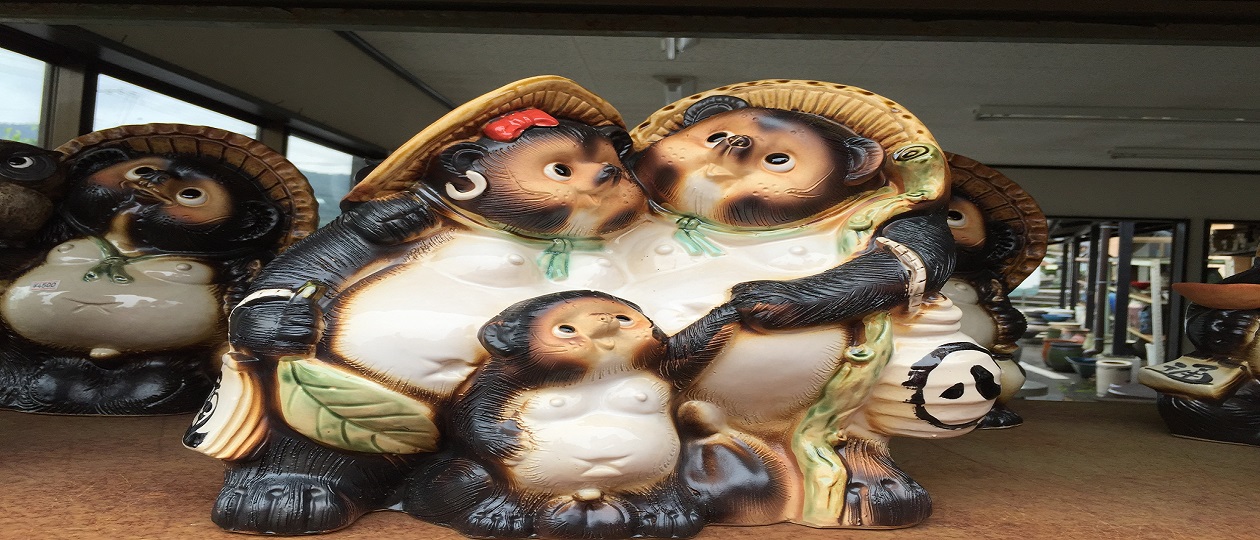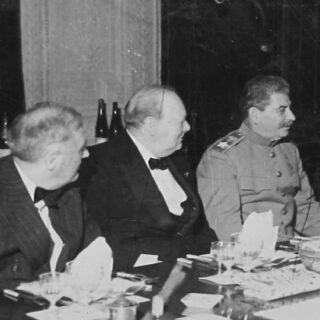
Since ancient times, in Japanese mythology they have been portrayed as jokers, shapeshifters — they can transform into people: commoners, monks, samurai, etc.
If in Chinese fairy tales raccoon dogs are evil and treacherous, then in Japanese they are more likely to be pranksters, lovers of a good life.
Since these tanuki are everywhere looking for comfort and places where they can eat well and drink to their heart’s content, on all the statues they have a rather large belly. They often carry a barrel of sake under their arm.
They pay people with withered tree leaves, bewitching them into money. Raccoon dogs usually hold unpaid bills in their paws.
They also have large manly parts — a sign of wealth. This is due to the fact that in the old days, when making gold, blacksmiths used raccoon skins to soften the blow. In addition, there is also a play on words: in Japanese, “golden balls” are called “kin no tama” (金の玉), and male genitals are called “kintama” (金玉).
In the old days, tanuki used leaves to transform themselves into humans. (Like Mario in the popular Nintendo game. Only there he turns into a raccoon dog.) Somewhere in the 19th century, straw hats or umbrellas appeared on statues instead of leaves. This may be due to a popular song from the 17th and 18th centuries that talks about a little tanuki stealing bottles of sake on rainy nights.
Today, statues of raccoon dogs can often be seen next to various establishments. It is believed that if some wandering tanuki wants to come in and deceive people, then when he sees his brother, he will go somewhere else without stopping in that place.collapse of a criminal case”






3 comments
Noemie Mell
10.04.2024 at 03:12
Stumbling upon this website was such a delightful find. The layout is clean and inviting, making it a pleasure to explore the terrific content. I’m incredibly impressed by the level of effort and passion that clearly goes into maintaining such a valuable online space.
Naomi Hughes
11.06.2024 at 08:59
Hi! I’m Naomi Hughes, writer of quirky young adult sci-fi and fantasy. I write about anything that strikes me as unique and interesting, but viewed through the mental lens of my own imagination. And your magazine attracted me to animated films and Japanese folklore. It is rare to read this in a publication with good literary style. Thank you for the inspiration! Much success to your wonderful team!
William Shamp
15.08.2024 at 01:18
Hello! I’m thrilled with the tanuki. I have a collection of their figures and pictures. Could you please tell more about Japanese mystical creatures and their birth stories. Good luck with your journal!